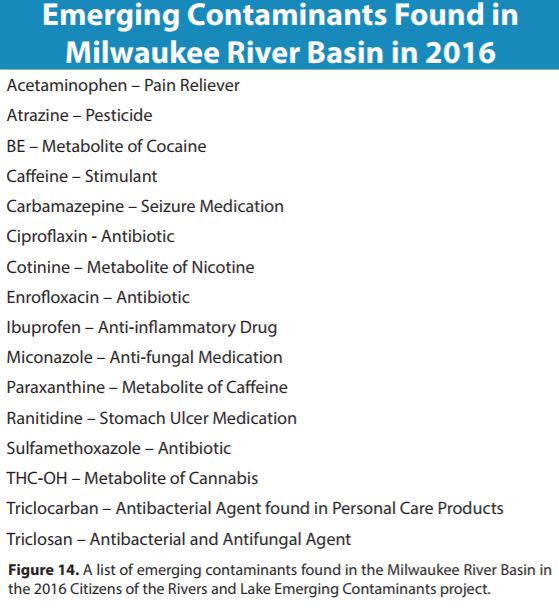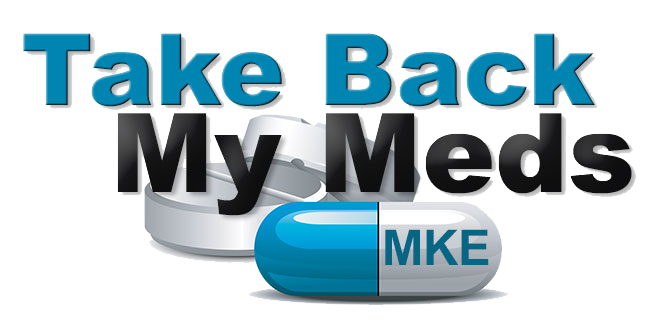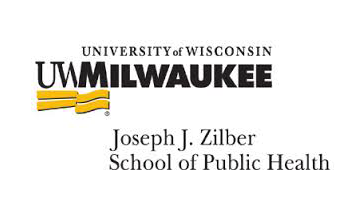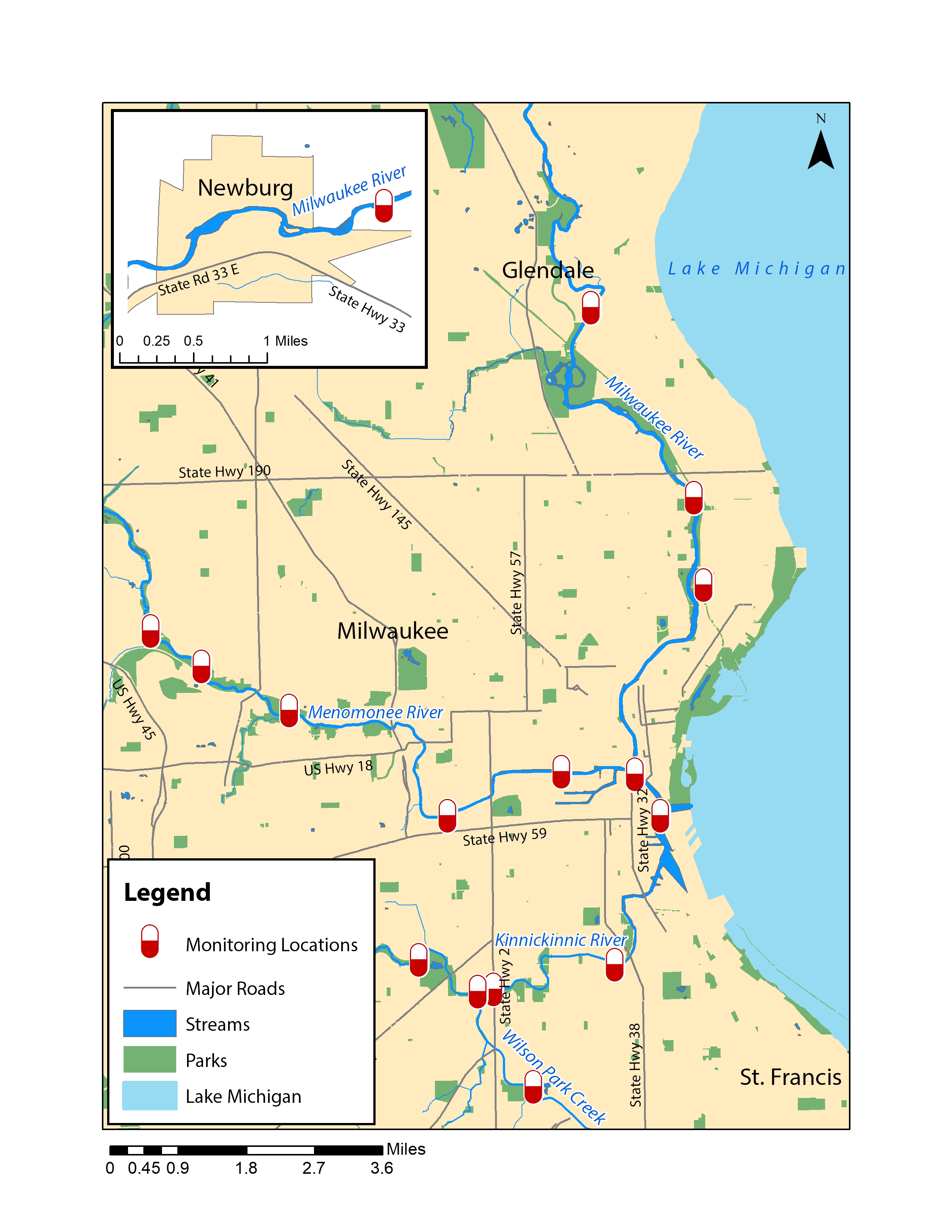Emerging Contaminants
An emerging contaminant is anything in our rivers and lakes that we don’t typically monitor but could adversely impact the health of our water and the human and aquatic life that depends on it. Samples collected for this project will be analyzed for over 60 compounds including prescription drugs, antibiotics, herbicides, personal care products, and even vanilla and cinnamon. he cooking products, like vanilla, cinnamon, and caffeine, may not be harmful to humans, but they do demonstrate the link between our kitchens and our surface waters.
Emerging contaminants such as pharmaceuticals, endocrine disrupting compounds, and recreational drugs often enter our rivers and lakes through treated wastewater. While we treat our wastewater for many different harmful substances and microbes, most of our water treatment facilities and techniques were not developed with these new and different compounds in mind. That means, what you decide to consume or even put down your kitchen sink will eventually make its way into Lake Michigan!
Citizens of the Rivers and Lake Monitoring Program
There seems to be a lot of public awareness about major contamination of waterways from industrial, commercial, or agricultural activities. But somehow “those” activities are not connected with our individual human activities. “Citizens of the Rivers and Lake Monitoring Program” is a one-year pilot to demonstrate that what you do in your home is DIRECTLY linked to what happens with our water. With the help of some amazing volunteers, the project team members (Carroll University, Milwaukee Riverkeeper, Urban Ecology Center, UW-Milwaukee) are sampling the waters of the three rivers (Kinnickinnic, Menomonee, Milwaukee) that feed the Milwaukee Harbor and Lake Michigan and analyzing those samples for commonly used cooking products and pharmaceuticals.
Milwaukee Riverkeeper volunteers sample 13 locations in Milwaukee and 1 location in Newburg during the week of Thanksgiving. The samples are then given to Dr. Todd Miller at the School of Freshwater science where they are analyzed for a laundry list of compounds.
The map below shows monitoring locations for the 2016 emerging contaminants monitoring.
Emerging Contaminants in the Milwaukee River Basin
The preliminary results of this study are not surprising. Milwaukee is not different from other parts of the country. At all 14 sampling locations, multiple PPCP and other compounds have been positively identified from a target list of sixty-two (62) compounds. So far, the most commonly occurring compounds are caffeine (stimulant), ciproflaxin (antibiotic), cotinine (metabolite of nicotine), ibuprofen (NSAID), miconazole (antifungal), and triclosan (antibacterial).

What can you do?
But do change your behavior to minimize purchase and use of consumer and medicinal goods. Choose to take only the medications you need and at the prescribed dosages. Be sure to communicate with your health providers about what medicines you are taking and why. And when you have leftover medicines, be sure to take advantage of permanent drug drop off locations and the “Drug Take Back Days” organized a few times each year in almost every county of the State. www.doj.state.wi.us/dles/prescription-drug-take-back-day.
Milwaukee Riverkeeper is a proud member of the Take Back Your Meds Milwaukee Coalition! The goal of the Coalition is to reduce the risks unused pharmaceuticals pose to our drinking water and our children’s safety. About 30% of medicines are not used. Pharmaceuticals can pollute our waterways when drugs are flushed down the toilet or thrown in the trash. When prescriptions are improperly disposed of by flushing them down the toilet, they make their way through the sewer system which empties into Lake Michigan – the source of Milwaukee County’s drinking water. Recent studies by the UW-Milwaukee School of Freshwater Sciences showed the presence of intact pharmaceutical compounds up to three miles from sewer outfalls – meaning they are not breaking down. Drugs thrown in the trash end up in landfill leachate, which is often processed at wastewater treatment plants that cannot filter out prescription drugs. The Coalition’s goal is to have a drop box for unused medicine in every pharmacy in Milwaukee County in the next 10 years. Visit takebackyourmedsmilwaukee.org to learn more and to find your nearest drop off location!

Sign up to be a volunteer emerging contaminants monitor!
Let us know you are interested becoming a volunteer water monitor. We’ll add you to our email list to receive more information about upcoming training sessions and other opportunities to get involved. If you have additional questions, please email our Water Quality Specialist Zac Driscoll or call (414) 287-0207 x4.




Thanks to our amazing project partners!

Thanks to our funders for their generous support of this program!

